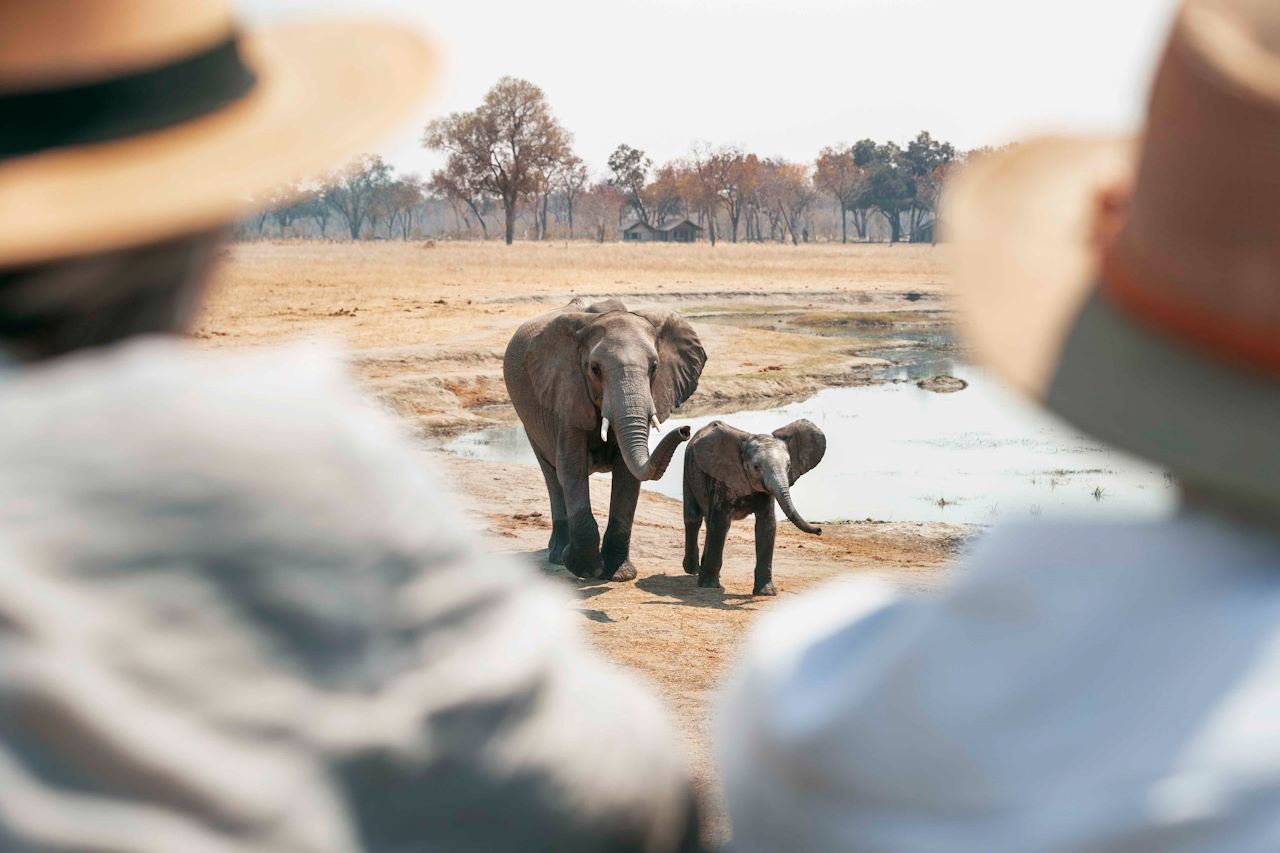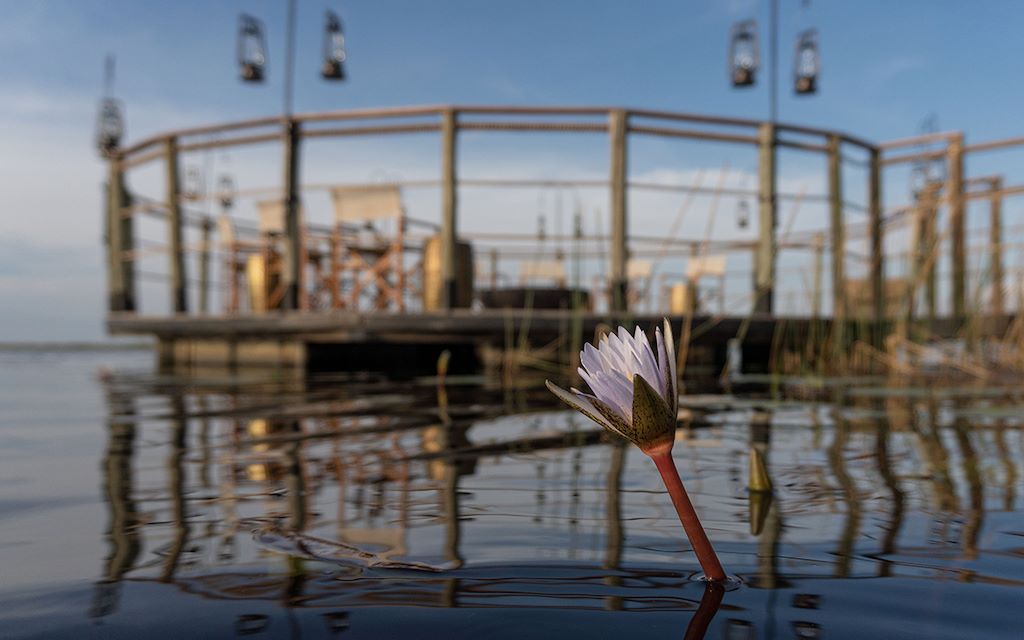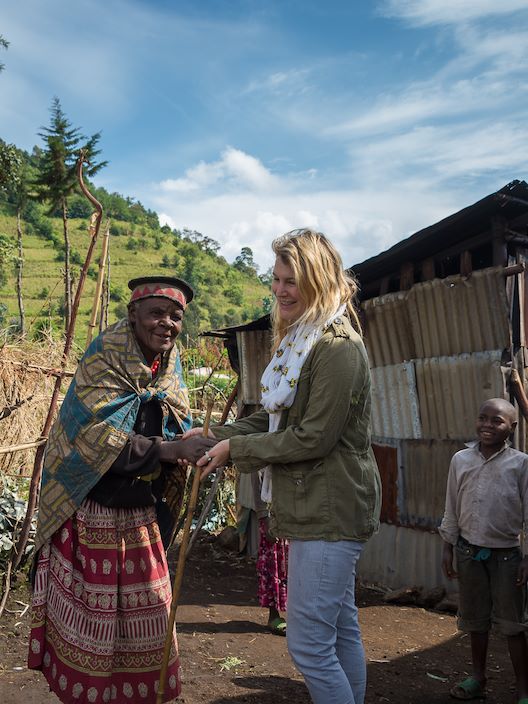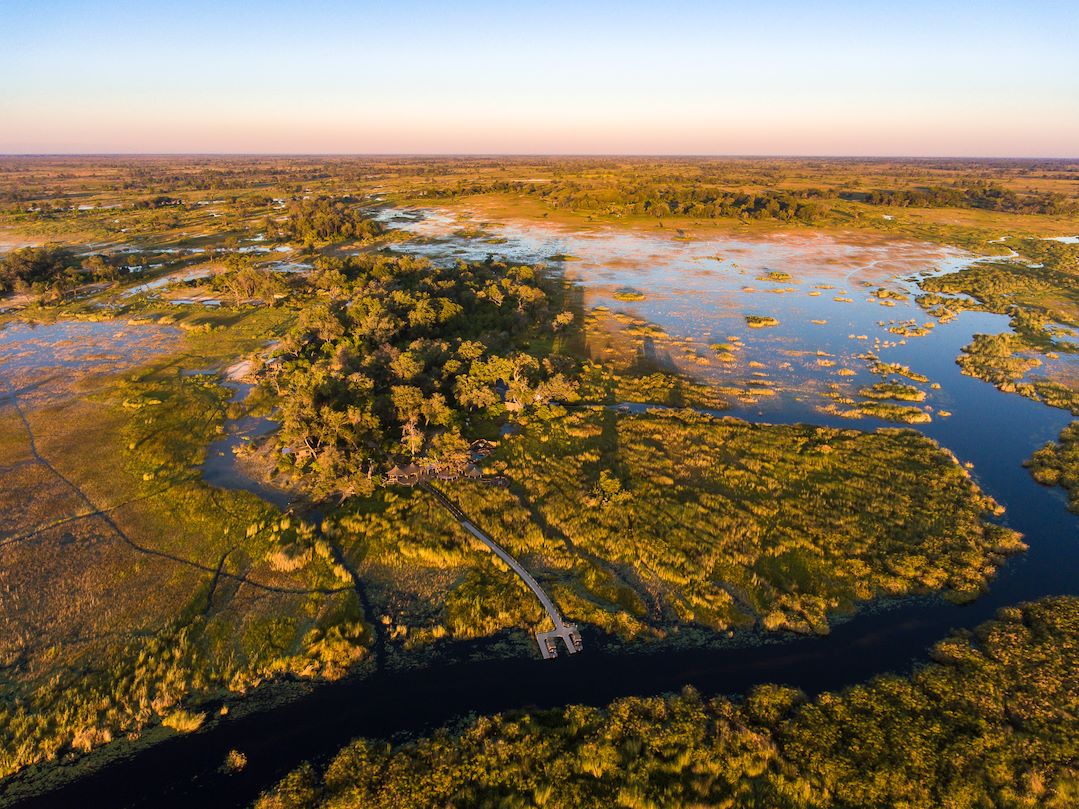Africa
In Love with water - our most precious resource
Conservation
Impact
Cultures & Communities
Melissa Siebert
2/10/2023


Water conservation
All taps and showers are fitted with tap aerators and restrictors which reduce water usage by up to 60%; we use efficient dual flush toilet cisterns; we use water reticulation maps to ensure we can trace and fix leaks quickly; ground water is tested biannually to ensure our operations have no impact on the environment; and in some camps, de-salination systems.


Our water conservation efforts continue
In the Okavango Delta, Wilderness is soon to start drilling six boreholes in partner with our Okavango Community Trust (OCT) villages; Eretsha, Mokgacha, Gunotsoga, Beetsha, and Gudigwa – near farmers’ ploughing fields.
Human-wildlife conflict is a threat to the area, particularly with elephants raiding crops. The new boreholes will help to mitigate such conflict by eliminating farmers’ long commutes from home to water to fields. Many of the local farmers are senior citizens, so closer boreholes mean less strain on them physically, and more energy to farm.
Protecting our most precious resource
Protecting our most precious resource
Deeper into Africa, the renowned Wilderness Bisate, on the edge of Rwanda’s Volcanoes National Park, has a symbiotic relationship with local communities – with a regular flow of goods, services, and support between them.
Wilderness recently rehabilitated the existing water infrastructure at our partner communities, Bunyenyeri and Bushokoro, improving access to clean water for some 5,000 villagers living in Bunyenyeri, Karambi Kazi, Kumazi, Myase, and Nyarusizi.


During this month of love
and far, far beyond – it’s a reminder to all be water-wise. Aware of our collective responsibility to safeguard this source of life, and love.
More to discover

The Hoanib – Linear Oasis of the Namib
Ephemeral rivers are seasonal but sustain wildlife in dry area. Learn about Hoanib River formation. ...
Read moreMartin Benadie
30.06.2025

Ngamo: Story of an African farm
It’s a cold and misty morning at Wilderness Davison’s, a remote safari camp in Zimbabwe’s renowned H...
Read moreAndy Wassung
20.06.2025

Rare wildlife to celebrate this World Endangered Species Day
As part of our ongoing effort to increase the world’s wilderness, we create habitats for Africa’s mo...
Read moreLauren Dold
13.05.2025

Wilderness Chitabe’s sustainable Okavango Delta safari
Discover Wilderness Chitabe’s blend of eco-luxury, conservation, and community in its approach to su...
Read moreMerryn Haller
09.05.2025

Beneath the Albida trees: Forests of Mana Pools & the Wilderness Chikwenya Experience
Explore Mana Pools’ magical albida forests & discover why Wilderness Chikwenya offers unmatched acce...
Read moreLauren Dold
12.04.2025

Let’s plan your next journey
Ready?
When we say we’re there every step of the way, we mean it, literally. From planning the perfect circuit, to private inter-camp transfers on Wilderness Air, and easing you through Customs. We’re with you on the ground, at your side, 24-7, from start to finish. Ready to take the road less travelled? Contact our Travel Designers to plan an unforgettable journey.